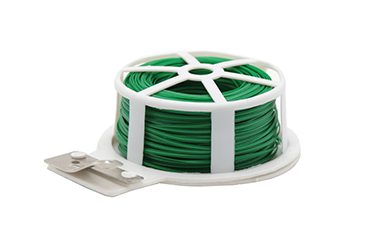Understanding the Functionality and Types of Trailer Couplers for Enhanced Towing Performance
Dec . 13, 2024 21:22
Understanding Trailer Couplers A Key Component in Towing Safety
When it comes to towing, the importance of the right equipment cannot be overstated. Among the various components involved, trailer couplers play a pivotal role in ensuring the safety and efficiency of the towing process. This article delves into the essentials of trailer couplers, exploring their types, features, and maintenance tips to enhance towing performance.
What is a Trailer Coupler?
A trailer coupler is a mechanism that connects a trailer to a towing vehicle, usually a truck or SUV. It serves as the bridge between the trailer’s tongue and the hitch ball of the towing vehicle. This connection allows for the transfer of weight and control during transport. Given their critical function, choosing the right coupler is paramount for a successful towing experience.
Types of Trailer Couplers
There are several types of trailer couplers, each designed for specific towing requirements. The most common types include
1. Ball Coupler This is the most widely used coupler type. It consists of a hinged latch that secures around a hitch ball, providing a stable connection. Ball couplers are suitable for various trailer sizes and are often found in recreational towing scenarios.
2. Pintle Coupler Typically used for heavy-duty applications, pintle couplers provide a more secure connection than ball couplers. They utilize a hook-and-eye system, wherein the hook on the towing vehicle fits into a ring on the trailer. Pintle couplers excel in off-road and rugged conditions, thanks to their ability to handle significant stress.
3. Screw-Type Coupler This type uses a screw mechanism to secure the trailer to the towing vehicle. While less common, screw-type couplers provide extra security for those who may be towing heavy loads in challenging conditions.
4. Rail Coupler Often found in commercial applications, rail couplers are designed for trailers that are frequently loaded and unloaded. They allow for quick attachment and detachment, enhancing efficiency in transport.
Features to Consider
When selecting a trailer coupler, several features should be taken into account
trailer couplers

- Weight Capacity Ensure that the coupler can handle the trailer's weight. Exceeding the coupler’s weight limit can lead to accidents and equipment failure.
- Material Couplers are typically made from steel or aluminum. Steel is sturdier and often preferred for heavy-duty trailers, while aluminum is lighter and offers good corrosion resistance.
- Safety Features Look for couplers with built-in safety features such as latches, locks, and safety chains. These elements are vital for preventing accidental disconnection while on the road.
Maintenance Tips
To ensure the longevity and reliability of your trailer coupler, regular maintenance is essential
1. Inspection Regularly check the coupler for signs of wear, corrosion, or damage. Ensure that all components, such as the latch and pins, are functioning correctly.
2. Lubrication Apply lubricant to moving parts to prevent rust and ensure smooth operation.
3. Cleaning Keep the coupler clean from dirt and debris to allow for a secure fit and reliable connection.
4. Storage When not in use, store the coupler in a dry place to prevent weather-related damage.
Conclusion
Trailer couplers are integral to the towing process, providing a secure link between your vehicle and trailer. Understanding the different types, features, and maintenance practices can help ensure a safe towing experience. By investing time in selecting the right coupler and maintaining it properly, you enhance not only your safety but also the overall efficiency of your towing operations. Remember, a well-chosen coupler is not just a connector; it is a crucial component of your towing setup.




















